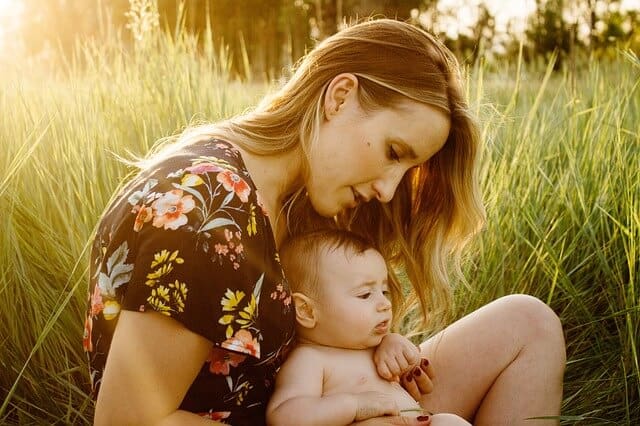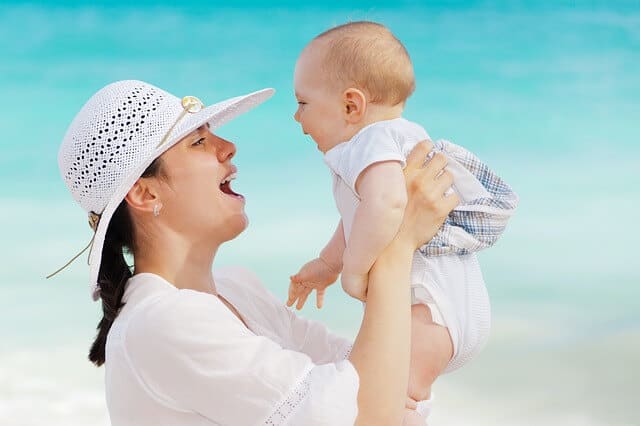A report I read this morning reinforced my biggest fear as to why my son may have been born prematurely. In a column titled, “Premature babies: The pregnant elephant in the room is stress,” the writer makes a strong case linking the two.
In it, writer Anna White argues that the stress of working and women who refuse to slow down while they’re pregnant could contribute to premature births. “As career women, in our bid to have it all, all at once, are we endangering our unborn children by increasing the risk of pre-term birth?”
Sleeping newborns captured in adorable photographs
THEY may have only just entered the world but these sleeping beauties are already showing off their personalities.Southampton professional photographer Julie Davis waits until the newborns are in a deep slumber before placing them in a variety of positions.
A mother is the female parent of a child. Mothers are women who inhabit or perform the role of bearing some relation to their children, who may or may not be their biological offspring. Thus, dependent on the context, women can be considered mothers by virtue of having given birth, by raising their child(ren), supplying their ovum for fertilisation, or some combination thereof. Such conditions provide a way of delineating the concept of motherhood, or the state of being a mother. Women who meet the third and first categories usually fall under the terms ‘birth mother’ or ‘biological mother’, regardless of whether the individual in question goes on to parent their child. Accordingly, a woman who meets only the second condition may be considered an adoptive mother, and those who meet only the first or only the third a surrogacy mother.
An adoptive mother is a female who has become the child’s parent through the legal process of adoption. A biological mother is the female genetic contributor to the creation of the infant, through sexual intercourse or egg donation. A biological mother may have legal obligations to a child not raised by her, such as an obligation of monetary support. A putative mother is a female whose biological relationship to a child is alleged but has not been established. A stepmother is a female who is the wife of a child’s father and they may form a family unit, but who generally does not have the legal rights and responsibilities of a parent in relation to the child.
“A female role model that children can look up to is sometimes referred to as a mother-figure.”
– Maya Angelou
The above concepts defining the role of mother are neither exhaustive nor universal, as any definition of ‘mother’ may vary based on how social, cultural, and religious roles are defined. The parallel conditions and terms for males: those who are (typically biologically) fathers do not, by definition, take up the role of fatherhood. Motherhood and fatherhood are not limited to those who are or have parented. Women who are pregnant may be referred to as expectant mothers or mothers-to-be, though such applications tend to be less readily applied to (biological) fathers or adoptive parents The process of becoming a mother has been referred to as “matrescence”.The adjective “maternal” refers to a mother and comparatively to “paternal” for a father. The verb “to mother” means to procreate or to sire a child from which also derives the noun “mothering”. Related terms of endearment are mom (mama, mommy), mum, mumsy, mamacita (ma, mam) and mammy.










